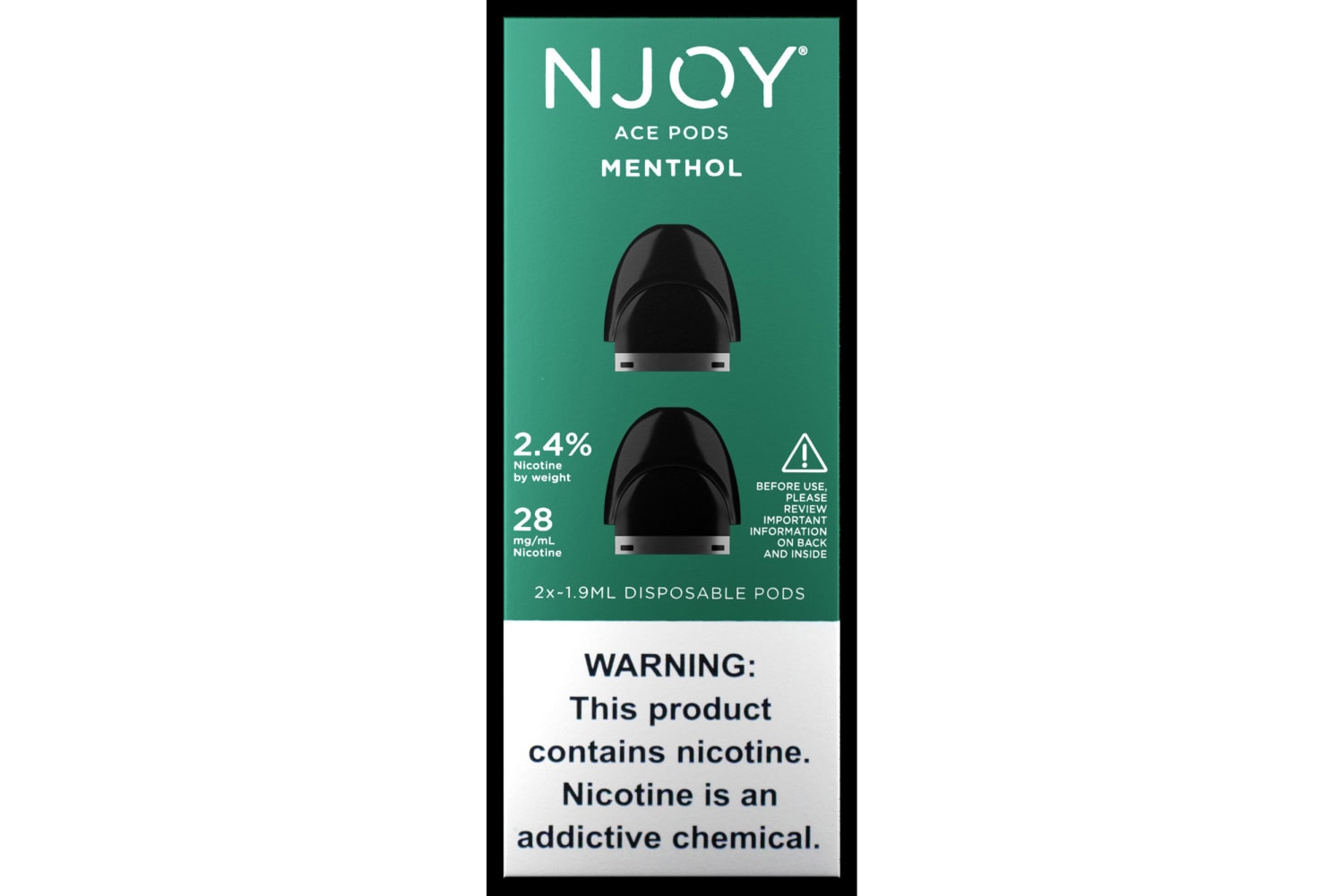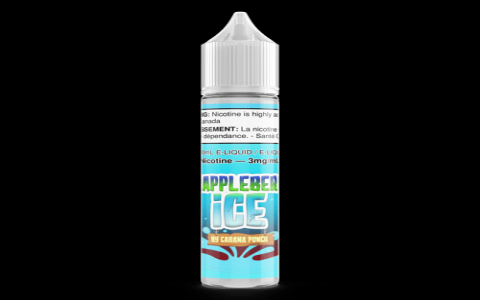Understanding Menthol in Electronic Cigarettes
Menthol electronic cigarettes are vaping devices that utilize e-liquids containing menthol flavoring. Menthol, an organic compound typically derived from mint oils or synthesized, is added to provide a characteristic cool, minty taste and sensation during inhalation. These products deliver an aerosol, usually containing nicotine, flavorings, and other chemicals, when the e-liquid is heated.
Key Characteristics and User Appeal
The popularity of menthol in e-cigarettes can be attributed to several distinct properties and their effects on the user experience:

- Cooling Sensation: Menthol interacts with sensory receptors (TRPM8) in the mouth and airways, producing a cooling effect. This can make the vapor feel less harsh and more refreshing.
- Throat Hit Modification: Menthol can alter the perception of the “throat hit” – the sensation felt at the back of the throat. For some users, it provides a smoother experience, while for others, it can enhance the sensation in a way they find satisfying.
- Flavor Profile: It offers a distinct and often intense flavor that is preferred by many users over unflavored or tobacco-flavored options.
- Masking Properties: The strong sensory impact of menthol can mask the harshness of nicotine or other e-liquid constituents, potentially increasing palatability.
Primary reasons for the appeal of menthol e-cigarettes include:
- Transition from Menthol Combustible Cigarettes: A significant number of users are former smokers of traditional menthol cigarettes who seek a similar flavor profile in a vaping product.
- Perceived Smoothness: The cooling and slight anesthetic effect of menthol can make the aerosol feel less irritating to the throat and lungs compared to other flavors or unflavored e-liquids.
- Subjective Preference: Many users simply prefer the taste and cooling sensation of menthol over other available e-cigarette flavors.
Regulatory and Health Considerations
Menthol’s role in tobacco and nicotine products, including e-cigarettes, is a subject of ongoing discussion among public health authorities and regulatory bodies worldwide. Concerns often revolve around the flavor’s potential to attract new users, particularly youth, and its impact on smoking initiation and cessation patterns.
While e-cigarettes are generally considered to present a lower risk of harm for adult smokers who completely switch from combustible tobacco, the long-term health effects of inhaling e-cigarette aerosol, including specific flavorings like menthol, are still under investigation. Research continues to explore the physiological effects of inhaled menthol and its influence on nicotine dependence and user behavior.










